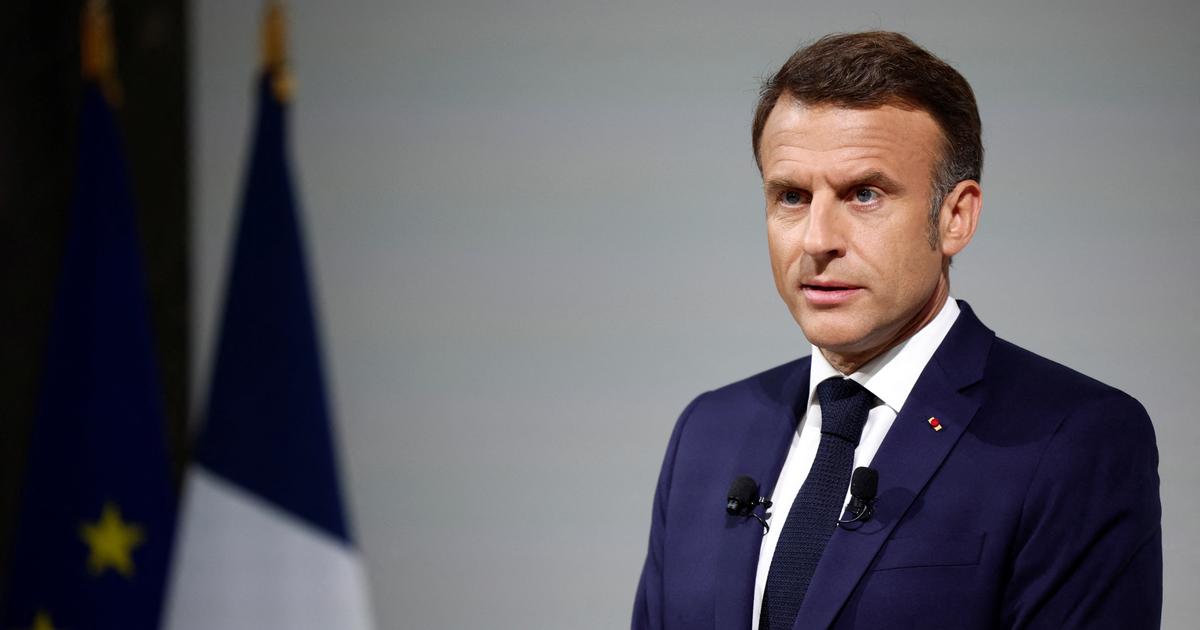Emmanuel Macron has reaffirmed his commitment to nuclear power amidst the energy debate in France. Macron announced plans to build eight new nuclear reactors, emphasizing that these reactors are essential for the country's green transition. He argues that the nuclear sector will support France's reindustrialization efforts while simultaneously cutting greenhouse gas emissions and supporting vulnerable communities. This announcement builds on his previous commitment to develop six new EPR nuclear reactors.
During a press conference to lay out his legislative roadmap, Macron did not shy away from criticizing his political opponents. He pointed out the contradictions within opposition parties regarding energy policies. Macron targeted the far-right for posing a dichotomy between ecology and the economy, calling it a renunciation of ecological responsibility. Meanwhile, he noted that the political left is divided on nuclear power, with communists showing support while environmentalists and other factions remain opposed.
Simultaneously, Macron's recent decision to announce new national elections has left many in France astounded. There is speculation that this move is a strategic 'trap' aimed at disqualifying Marine Le Pen's Rassemblement National (RN) by exposing their incompetence through a forced 'cohabitation'. The RN had previously outperformed Macron's Renaissance party in the European elections, leading some to believe that the President might be betting on long-term disenchantment with the RN by giving them a temporary platform.
Sources close to the Élysée Palace have hinted that Macron aims to regain the parliamentary majority that his party lost in 2022. Nonetheless, there is a calculated risk that the RN might win more seats, which could inadvertently strengthen their position. Even so, some within Macron's circle believe that a few years of RN governance will showcase their inefficiency, making it harder for them to mount a credible bid for the presidency in 2027.
The French political landscape remains fragmented, particularly on the left, where discussions are ongoing about forming a 'Popular Front' for the upcoming elections. Historically, such alliances have been rare but have surfaced during critical moments such as the anti-fascist stance in 1934. Meanwhile, the conservative Républicains have triggered internal strife by announcing an alliance with the RN, further complicating the political dynamics in France.
- As France grapples with its energy future, Macron's endorsement of nuclear power is seen as a pragmatic step toward ensuring energy security and meeting environmental goals. The planned reactors are expected to serve as a backbone for the country's energy infrastructure, providing a reliable and low-carbon energy source.
- Macron's political maneuvers, particularly the call for new elections, reflect a broader strategy to solidify his legislative agenda while countering the growing influence of right-wing populism. His approach underscores a belief that exposing the RN's governance capabilities—or lack thereof—could weaken their political standing in the long term.
- The fragmentation of the left in French politics continues to be a significant challenge. Efforts to form a united front are hindered by ideological differences, yet the threat posed by a potential RN-led government could motivate more collaboration among left-wing parties.
- The conservative Républicains' internal conflict over a potential alliance with the RN highlights the deep divisions within French political parties. The decision has sparked debate and criticism, signaling a turbulent period as parties navigate the upcoming elections.






